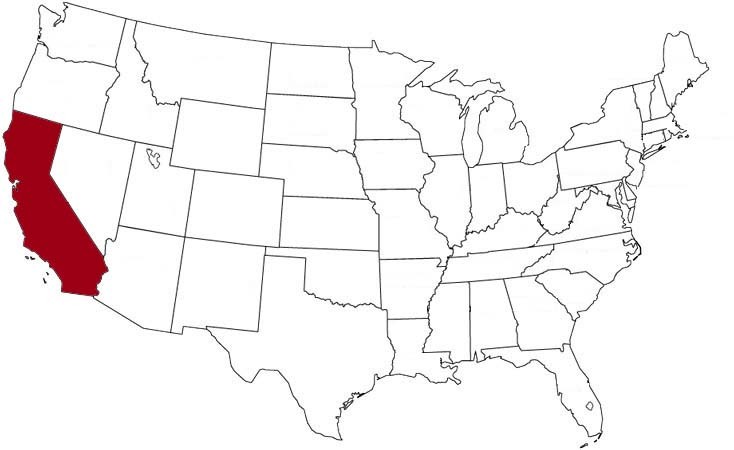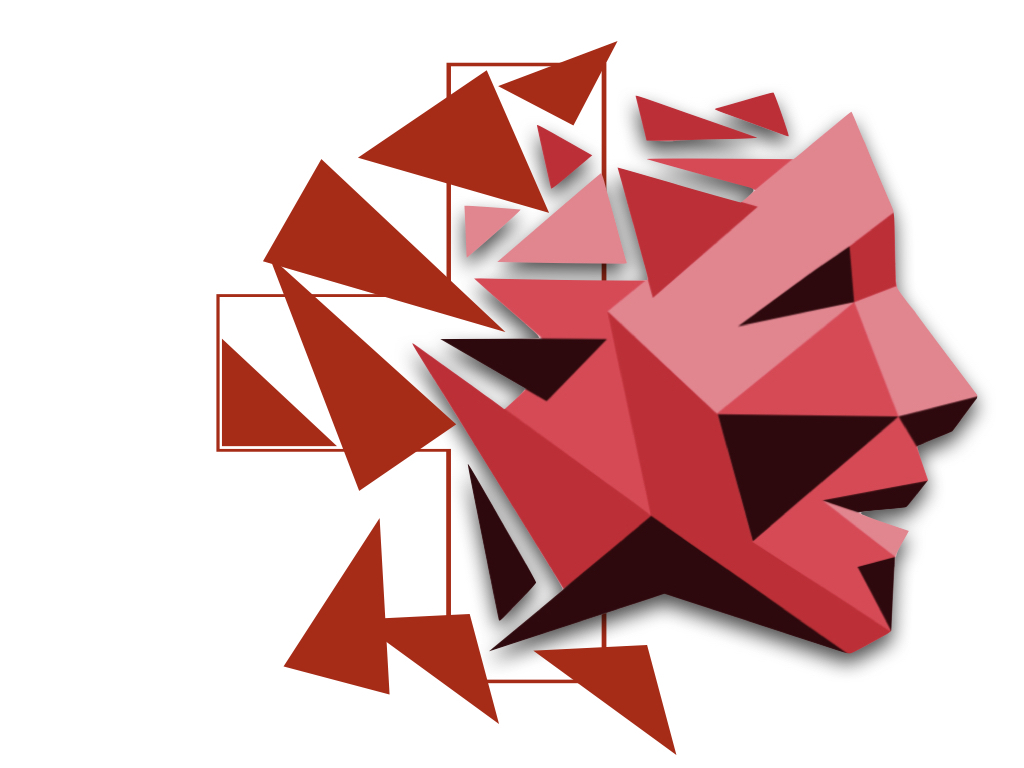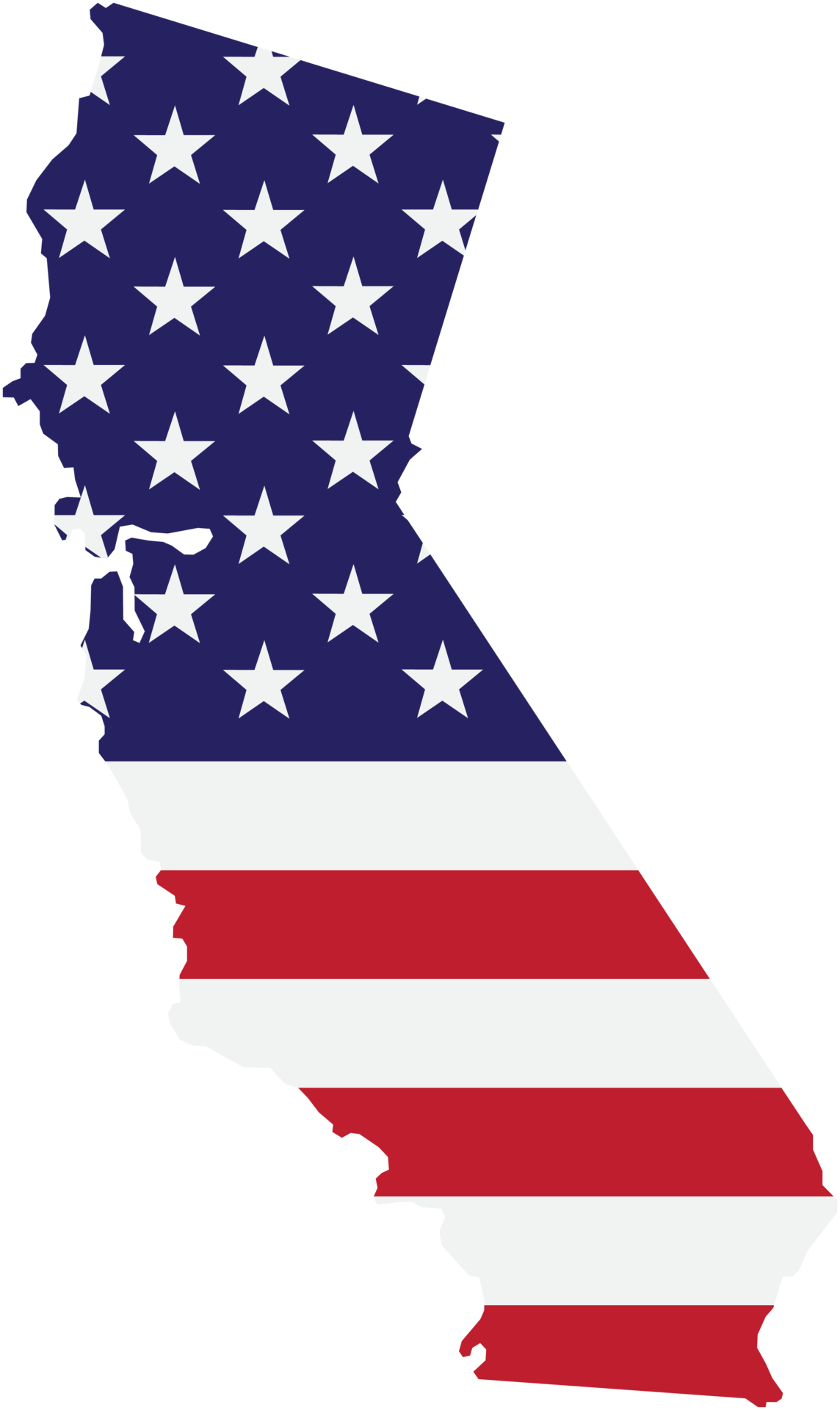
GSE
Global Secondary Education🇨🇭
®
K12, Common Core, USA Standard
Grade 9-12
Grade 9-12
Comprehensive Curriculum aligned to the State Academic Standards


1. Please choose the school
GSE® Courses, Grades 9 to 12
Developed and presented by Gread Results and FEYDEY
High School
34 Courses
HIGH SCHOOL
19 Courses
HIGH SCHOOL
14 Courses
Electives
HIGH SCHOOL
7 Courses
World Languages
HIGH SCHOOL
5 Courses
Arts
HIGH SCHOOL
9 Courses
Advanced Placement course
HIGH SCHOOL
3 Courses
Family and consumer science Electives
HIGH SCHOOL
14 Courses
Microsoft Office
HIGH SCHOOL
4 Courses
ACT Test Prep
HIGH SCHOOL
3 Courses
SAT Test Prep
HIGH SCHOOL
4 Courses
Workkeys Modules
HIGH SCHOOL
1 Courses
IELTS Test Prep
High School
13 Courses
HIGH SCHOOL
22 Courses
Social Studies
HIGH SCHOOL
2 Courses
PE and Health
HIGH SCHOOL
22 Courses
CTE (Career & Technical Education)
HIGH SCHOOL
18 Courses
Career and Medical Electives
HIGH SCHOOL
19 Courses
Business Electives
HIGH SCHOOL
10 Courses
Skill Builder Courses
HIGH SCHOOL
9 Courses
Programming and IT Support
HIGH SCHOOL
3 Courses
SAT Test Prep
HIGH SCHOOL
3 Courses
Praxis Test Prep
HIGH SCHOOL
4 Courses
GED / HiSET Modules
HIGH SCHOOL
1 Courses
NCLEX Test Prep
High School - Math
(Mandatory)
(Mandatory)
Grades 9 to 12

ALGEBRA I
This course builds a foundation of basic Algebra skills that can be built upon in more advanced Math courses. Topics in this course include: Algebraic concepts; real number system using algebraic, graphical, numerical, and verbal representations; rational, irrational, and radical expressions; polynomials; inequalities; relations; functions; factoring; slope; systems of equations; linear, quadratic, radical, literal, exponential, logarithmic, and absolute value equations; box plots; measures of central tendency; data; basic probability and statistics.

Algebra II
This course builds a foundation of basic Algebra skills that can be built upon in more advanced Math courses. Topics in this course include: advanced algebra topics; complex numbers; matrices; geometric series; polynomials; rational expressions; systems of equations and inequalities; literal, radical, and quadratic equations; conic sections; piecewise, logarithmic, and exponential functions; graphing; probability and statistics topics.

Geometry
This course is designed to emphasize the study of the properties and applications of common geometric figures in two and three dimensions. Topics covered in this course include: Plane and solid geometry; transformations; similarity; congruence; theorems; constructions; right triangle trigonometry; the Pythagorean theorem; circles; angle relationships; lines including parallel and perpendicular; area; perimeter, and volume of shapes/figures; properties of polygons; cross sections; geometric modeling and probabilities.

Pre-Calculus
Pre Calculus course combines the study of trigonometry, elementary functions, analytical geometry, and math analysis as preparation for calculus. Students will delve in to the concepts of the complex number system and the vector and matrix quantities. In addition, students will interpret and build functions, understand trigonometric functions, and interpret categorical and quantitative data. Students will also make inferences and draw conclusions and use probability to make decisions.
High School - Math
(Elective)
(Elective)
Grades 9 to 12

Calculus
This course is designed to emphasize the study of the properties and applications of common geometric figures in two and three dimensions. Topics covered in this course include: Plane and solid geometry; transformations; similarity; congruence; theorems; constructions; right triangle trigonometry; the Pythagorean theorem; circles; angle relationships; lines including parallel and perpendicular; area; perimeter, and volume of shapes/figures; properties of polygons; cross sections; geometric modeling and probabilities.

Foundations of Algebra
The primary purpose of the Foundations of Algebra course is to provide a basis for curriculum development for rising 9th grade students in need of substantial support prior to taking Algebra I. The content of this course focuses on equations, inequalities, functions, polynomials, geometry, and statistics as well as the standards of mathematical practice.

Statistics
This course builds a foundation of applications of data in everyday life. Topics in this course include: Scatter plot; histogram; bivariate data; regression; sample space; probability; making decisions; standard deviation; variance; normal distribution; surveys and experiments; hypothesis; reports and data; confidence interval.

Trigonometry
This course deals with relationships involving lengths and angles of triangles that can be built upon in more advanced Math courses. Topics in this course include: Right triangles; trigonometric functions; trigonometric identities; radian; area using trigonometry; periodicity; unit circle.

Algebra II with Trigonometry
This course builds a foundation of Algebra and Trigonometry skills that can be built upon in more advanced Math courses. Topics in this course include: Advanced algebra topics; complex numbers; vectors and matrices; series; polynomials; rational expressions; systems of equations and inequalities; linear, quadratic, radical, and literal equations; exponential and logarithmic functions; graphing; trigonometric ratios and functions; probability and statistics.

Algebra III
This course builds a foundation of basic Algebra skills that can be built upon in more advanced Math courses. Topics in this course include sequences and series, functions, and higher order polynomials. Polynomial functions provide the context for higher order investigations. Topics are addressed from a numeric, graphical, and analytical perspective.

Probability and Statistics
This course has the probability and statistics skills that can be built upon in more advanced Math courses. Topics in this course include: Box and Whisker Plots, Measures of Central Tendency, Percentiles and Quartiles, Standard Deviation and Variance, Interpreting and Comparing Data Distributions, Normal Distribution, Constructing and Interpreting Two Way Frequency Tables, Fitting of a Curve, Interpreting Rate of Change and Linear Functions, Linear Regression, Correlation and Causation, Valid Claims, Fair Games, Probability Using Simulation, Sample Surveys, Experiments, and Observational Studies, Confidence Interval for Population Mean, Comparing Two Treatments of a Randomized Experiment, Evaluate Reports Based on Data, Sample Space and Operations, Probability of Independent and Dependent Events, Conditional Probability, Addition Rule in Probability, Probability with Permutations and Combinations, Constructing Probability Distributions, Making Decisions with Expected Values, and Making Decisions Using Probability.

Applied Math Concepts
This course builds a foundation of applications of data in everyday life. Topics in this course include: amortization, annuities, and sinking fund, importance of financial modeling, future and present values, depreciation schedules, financial decision making, arithmetic and geometric sequence in financial math, finance involving compound interest, transcendental functions, order of magnitudes, system of linear equations, linear programming optimization, logical circuits, construction of truth tables, problem solving strategies, conditional statements, logic puzzles, arguments with quantifiers, Venn diagrams, logical statements of networks, tree diagram and counting principle, measures of central tendency, fair games, organizing and analyzing data, investment strategy, permutations and combinations, probability and making decision using it, law of large numbers, examples of consequences and innumeracy, expected value and standard deviation, normal distribution, and confidence interval for population mean and proportions.

Math Essentials
This course provides the foundation of skills necessary for success in algebra and beyond. Topics in this course include: Customary and metric units; ratios and proportions; scale drawing; complex numbers; probability; tree diagram; bar, line, and circle graphs; exponents; trigonometry; expressions; slope; midpoint; transformations; geometry concepts; polygons, the Pythagorean theorem; distance; similarity and congruence; functions; equations and inequalities; parallel and perpendicular lines; rate of change; rational functions; factoring; radicals.

Financial Mathematics
This course is designed to focus on mathematical concepts and applications needed for the design and management of personal and business finances. This course extends students' knowledge of whole numbers, fractions, decimals, and percents as well as basic statistics and probability, algebra, geometry, and data analysis in the context of relevant real life problem solving situations. Emphasis is placed on various mathematical processes which include manual or electronic calculations of payroll, income tax preparations, interest computation, consumer information, managing income, buying insurance, selling and buying, making sound credit and investment decisions and other items that may be related to personal and business transactions.

Analytical Mathematics
Analytical Mathematics course combines the study of number and quantity, algebra, and functions. Students will delve in to the concepts of the complex number system, the vector and matrix quantities, and the Fundamental Theorem of Algebra. In addition, students will understand limits of functions, trigonometric functions, and laws of sines and cosines.

Transition to Math
This course acts as a stepping-stone between the processes learned in Pre Transition Mathematics or Everyday Mathematics 6 to the material presented in Algebra and Geometry. Topics in this course include: Algebraic concepts; real number system using algebraic, graphical, numerical, and verbal representations; expressions; inequalities; relations; functions; factoring; measurements; distance; midpoint; slope; systems of equations; linear, and radical equations; basic probability and data.

Transition to Algebra
This course builds a foundation of basic Algebra skills that can be built upon in more advanced Math courses. Topics in this course include: Algebraic concepts; real number system using algebraic, graphical, numerical, and verbal representations; scientific notation; polynomials; expressions; inequalities; relations; functions; factoring; slope; linear and literal equations; the Pythagorean theorem; measurements; distance; midpoint; basic probability and statistics.

Senior Finite Math
Topics in this course include: Matrices; scalar multiplication; exponential and logarithmic functions; system of equations; set theory; permutations and combinations; probability; reports and data; tree diagram; central tendency; fair games.

Advanced Algebra and Trigonometry
This course builds a foundation of Algebra and Trigonometry skills that can be built upon in more advanced Math courses. Topics in this course include: laws of exponents; operations on rational expressions; complex numbers; polar forms; fundamental theorem of algebra; vectors; matrices; series; binomial theorem; conic sections; functions; graphing linear, quadratic, and rational functions; composition of functions; inverse functions; polynomials; trigonometry; area of sector; arc length; law of sines and cosines; trigonometric identities; scatter plot; and line of best fit.

Advanced Math Pre-Calculus
This course introduces the foundations of analysis designed to precede the calculus sequence with emphasis on functions and graphs. Topics covered in this course include: Complex number system; radicals; exponents; graphing functions; trigonometry; factoring; quadratic, absolute value, rational, exponential and logarithmic equations; measures of angles; Pythagorean theorem; slope; circle; sequence; conic sections and coordinate geometry.

Advanced Math-Functions & Statistics
Topics covered in this course include probability, statistics, and mathematics of personal finance. This course is a pre-calculus analysis of the real number system.

Remediation Math
This course deals with knowledge of standards based pedagogical instructional practices to facilitate and enhance learning for students who struggle with math concepts.

Bridge Math
This is a course intended to build upon concepts taught in previous courses to allow students to gain a deeper knowledge of the real and complex number systems as well as the structure, use, and application of equations, expressions, polynomials, inequalities, and functions. Functions emphasized include linear, quadratic, exponential, and absolute value. Students continue mastery of geometric concepts such as similarity, right triangles, circles, area, perimeter, and volume. Students use categorical and quantitative data to model real life situations and rules of probability to compute probabilities of compound events.

Developmental Math
This course progresses through the basic elements of arithmetic into beginning of algebra. Topics in this course include: Addition and subtraction of whole numbers; multiplication and division; decimals; add, subtract, multiply and divide fractions; ratios; customary and metric units; percents; exponents; expressions; equations and inequalities; system of equations and inequalities; polynomials; factoring; quadratic equations.

Basic Math
This course builds a foundation of basic math skills that can be built upon in more advanced Math courses. Topics in this course include: Order of operations; expressions; pattern; place value; estimation; multiplication and division; decimals; add, subtract, multiply, and divide fractions; coordinate plane; number line; equations; area and perimeter; polygons; ratios; decimals to fractions; circumference; angles; rational and irrational numbers; exponents; radicals; linear and non-linear functions; transformations; parallel lines; the Pythagorean theorem.

College Algebra
This course builds a foundation of basic Algebra skills that can be built upon in more advanced Math courses. Topics in this course include: Algebraic concepts; real number system using algebraic, graphical, numerical, and verbal representations; polynomials; expressions; inequalities; relations; functions; factoring; complex numbers; distance; midpoint; slope; systems of equations; linear, quadratic, rational, radical, literal, and absolute value equations; matrices; coordinate geometry.

Intensive Mathematics
This course focuses on the understanding of polynomials and rational expressions, creating and solving equations, and reasoning with equations and inequalities. Students will also build various functions, interpret them using key features, and compare properties of two functions. Emphasis will be placed on constructing linear, quadratic, and exponential models. This course emphasizes the study of circles, construction of inscribed and circumscribed circles of a triangle, transformations, similarity and congruence, and proving theorems. Volume and surface area, cross sections, parallel and perpendicular lines, area and perimeter, and modeling with geometry are also emphasized. In addition, students will also work on trigonometric ratios, similarity, and application of right triangles. Emphasis will be placed on real number system and interpreting categorical and quantitative data.

Integrated Mathematics I
This course emphasizes linear and exponential expressions, equations, and functions. This course also focuses on geometric congruence and interpreting linear models from quantitative data. Categorical and quantitative data, Reasoning with equations by solving systems of equations in two variables are dealt with in this course.

Integrated Mathematics II
This course builds upon concepts taught in Integrated Math I with an emphasis on quadratic and polynomial expressions, equations, and functions. This course also focuses on geometric similarity and interpreting functions from a real life context. Students extend previous knowledge of exponential properties to rational exponents. This course also introduces probability of compound events and the complex number system.

Integrated Mathematics III
This course builds upon concepts taught in Integrated Math I and Integrated Math II and emphasizes polynomial and rational expressions, equations, and functions. This course has a focus on geometric modeling and using algebra to prove geometric theorems. This course also introduces students to circles, basic trigonometric functions, and foundational statistics skills such as interpretation of data and making statistical inferences.

RC Algebra I
This course builds a foundation of basic Algebra skills that can be built upon in more advanced Math courses. Topics in this course include: Algebraic concepts; real number system using algebraic, graphical, numerical, and verbal representations; rational, irrational, and radical expressions; polynomials; inequalities; relations; functions; factoring; slope; systems of equations; linear, quadratic, radical, literal, exponential, logarithmic, and absolute value equations; box plots; measures of central tendency; data; basic probability and statistics.

RC Bridge Math
This is a course intended to build upon concepts taught in previous courses to allow students to gain a deeper knowledge of the real and complex number systems as well as the structure, use, and application of equations, expressions, polynomials, inequalities, and functions. Functions emphasized include linear, quadratic, exponential, and absolute value. Students continue mastery of geometric concepts such as similarity, right triangles, circles, area, perimeter, and volume. Students use categorical and quantitative data to model real life situations and rules of probability to compute probabilities of compound events.

RC Geometry
This course is designed to emphasize the study of the properties and applications of common geometric figures in two and three dimensions. Topics covered in this course include: Plane and solid geometry; transformations; similarity; congruence; theorems; constructions; right-triangle trigonometry; the Pythagorean theorem; circles; angle relationships; lines including parallel and perpendicular; area; perimeter, and volume of shapes/figures; properties of polygons; cross sections; geometric modeling and probabilities.

RC Pre-Algebra
This course builds a foundation of Pre-Algebra skills that can be built upon in more advanced Math courses. Topics in this course include: Real number system using algebraic, graphical, numerical, and verbal representations; ratios and rates; scientific notation; decimals; exponents; expressions; inequalities; relations; functions; perimeter; area; volume; circumference; distance; midpoint; slope; symmetry; linear, quadratic, radical, and literal equations; basic probability and statistics.


